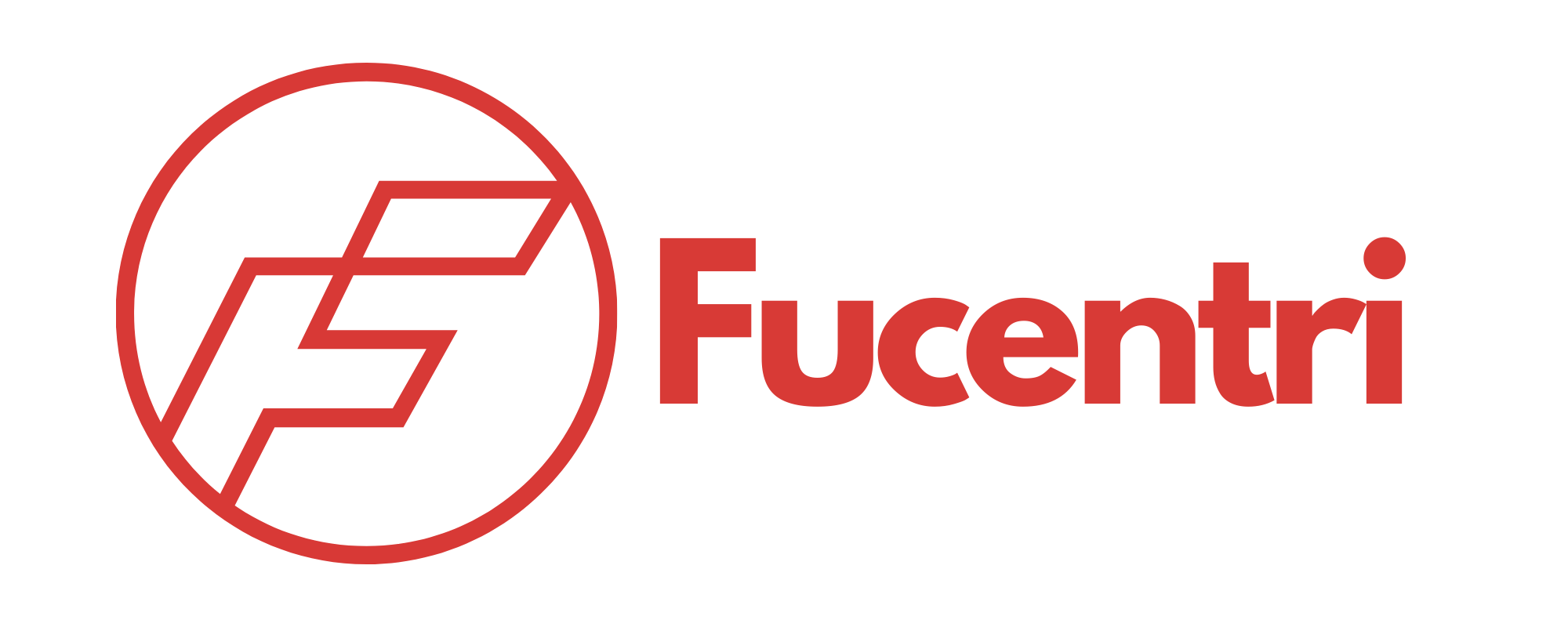Improving Transparency: How Decentralization Can Revolutionize Business Practices
In today’s fast-paced business environment, transparency is more critical than ever. Customers demand to know where their products come from, how they are made, and whether companies operate ethically. Decentralization, powered by technologies like blockchain, offers a transformative solution that can revolutionize business practices by enhancing transparency and accountability.

Decentralization shifts the control of information from a single entity to a distributed network. In traditional business models, companies often operate with opaque practices that make it difficult for consumers to verify claims about products and services. However, with decentralized systems, businesses can provide real-time access to data regarding their supply chains, manufacturing processes, and sourcing practices.

One of the most impactful applications of decentralization is in the supply chain industry. By implementing blockchain technology, businesses can create a transparent and traceable record of every step in the production and distribution process. For instance, a food company can utilize a decentralized ledger to track the journey of its products from farm to table. Consumers can scan a QR code on the packaging to access detailed information about the product's origin, handling, and quality checks. This level of transparency not only enhances consumer trust but also enables companies to respond swiftly to issues, such as food safety concerns.

In addition to supply chains, decentralization can improve corporate governance practices. By utilizing decentralized voting systems for shareholder meetings, companies can ensure that all shareholders have a say in crucial decisions. This democratizes the decision-making process and allows for a more inclusive approach to corporate governance, ultimately fostering greater accountability.
Moreover, decentralized platforms can facilitate more transparent financial transactions. Traditional financial systems often involve multiple intermediaries, which can obscure the flow of funds and create opportunities for fraud. By utilizing blockchain technology, businesses can execute secure transactions directly, minimizing the risk of fraud and enhancing trust among stakeholders.

The benefits of decentralization extend beyond individual businesses; they can also create a ripple effect throughout entire industries. As companies adopt transparent practices, consumers will increasingly demand accountability from other organizations. This shift could lead to a broader movement towards ethical business practices and corporate social responsibility.

In conclusion, decentralization has the potential to revolutionize business practices by enhancing transparency and accountability. By leveraging technologies like blockchain, companies can provide consumers with the information they need to make informed decisions. As transparency becomes a competitive advantage, businesses that embrace decentralization will not only foster trust but also position themselves for long-term success in an increasingly conscious market.




